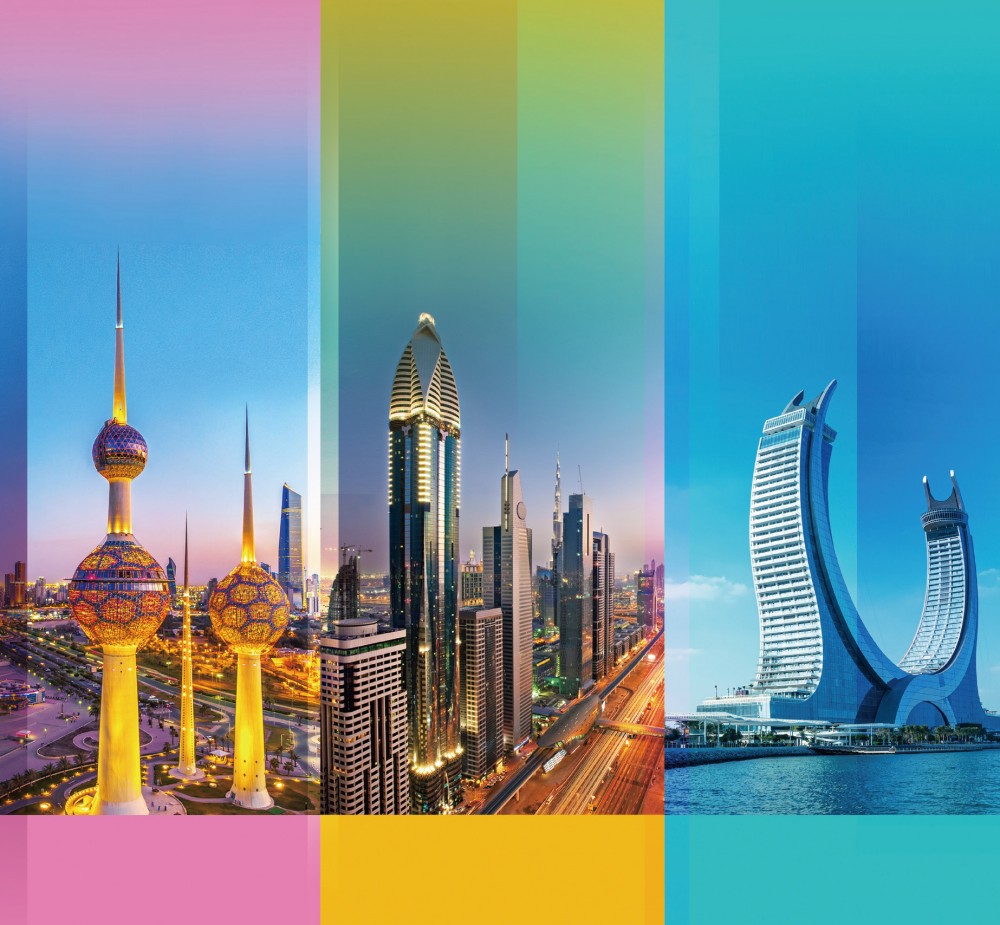
The Middle East market has always been neglected by Hong Kong businesses in the past, but economic and trade ties between China and the Middle East have deepened as “Belt and Road” Initiative (B&R) has delivered results in recent years. Today, the Middle East market definitely looks promising to Hong Kong businesses.
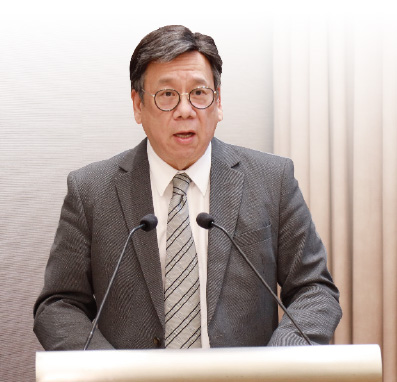
Algernon Yau
Dovetail with National Policies to Secure Opportunities
The Middle East has become an emerging market attracting wide attention in recent years. Chief Executive John Lee led a team of government officials and business representatives to visit Saudi Arabia and the United Arab Emirates (UAE) recently, and eventually signed a memorandum of understanding or letter of intent on cooperation with representatives of organizations in the two countries. Algernon Yau, Secretary for Commerce and Economic Development, was one of the members of the delegation to the Middle East. During the trip, he learned that both Saudi Arabia and the UAE want to achieve economic diversification, sustainable development, and stronger foreign investments. He is convinced that Hong Kong's participation in them will lead to mutually beneficial and win-win outcomes.
Hoping for mutually beneficial and win-win cooperation
In Yau's view, Hong Kong can participate in and assist the Middle East and B&R countries in carrying out projects in the fields of finance, logistics, innovation and technology (I&T), and urban and infrastructure management. He further said that the business community in the Middle East is deeply interested in the development of the Guangdong-Hong Kong-Macao Greater Bay Area. They can use Hong Kong as a springboard to enter the Greater Bay Area and tap into the larger Mainland market, which precisely demonstrates the appeal of Hong Kong.
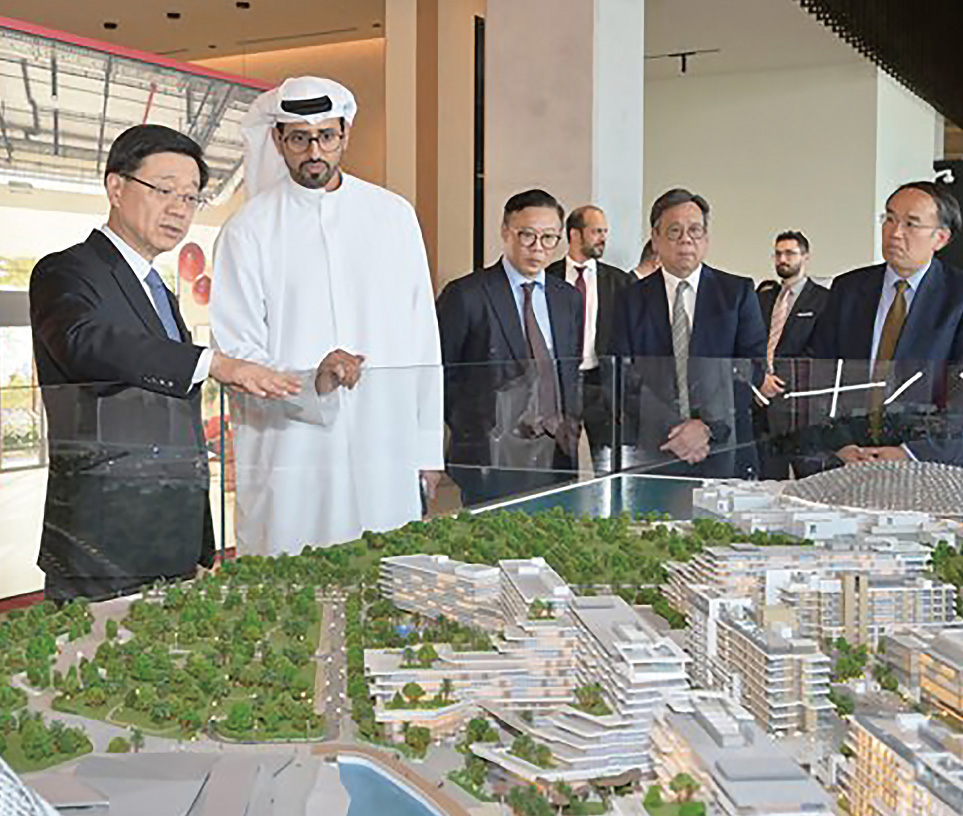 Deep and strong cooperation relationship
Deep and strong cooperation relationship
Hong Kong's relationship with the Middle East was not established in the past few years. Yau said that Hong Kong and Middle Eastern countries had business ties in the aviation industry as far back as over 40 years ago. On the commerce and trade front, Hong Kong has long established very close trade relations with Middle Eastern countries. Using the UAE as an example, he said that Hong Kong was the UAE's seventh largest export market in 2021. The two sides even signed an agreement on promotion and protection of investments in 2019, which came into full effect in 2020.
He said that after the Chief Executive led a delegation to visit the Middle East, the HKSAR Government announced that Hong Kong and Saudi Arabia have started formal negotiations on an agreement to promote and protect investments. Meanwhile, the HKSAR Government has set up a Hong Kong economic and trade office in Dubai since 2021 to deepen trade ties in the region.
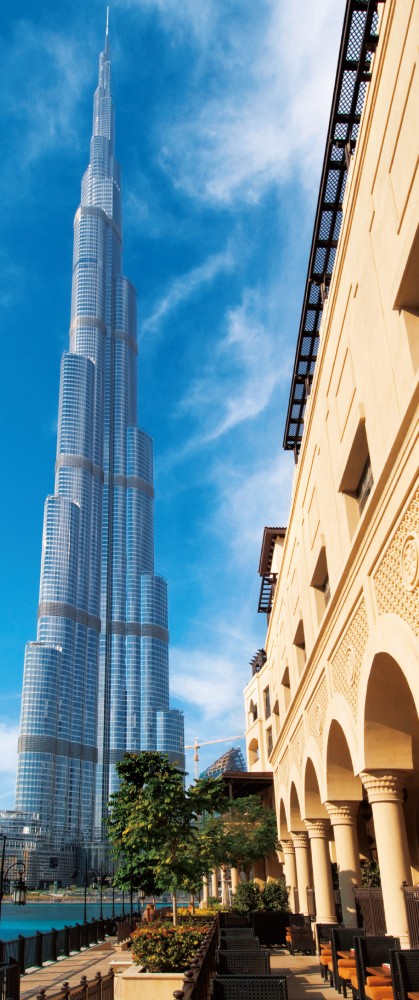 Preparation for summit for stronger bilateral connections
Preparation for summit for stronger bilateral connections
Yau revealed that the HKSAR Government is now intensively preparing for the 8th “Belt and Road” Summit to provide the largest B&R business investment platform for business matching in support of the five-pronged approach (policy coordination, connectivity of infrastructure and facilities, unimpeded trade, financial integration, and closer people-to-people ties) under the initiative. He is convinced that the summit can further strengthen Hong Kong's cooperation with the B&R economies to promote people-to-people and cultural ties and tap into business opportunities.
China's successful mediation and assistance in restoring diplomatic relations between Saudi Arabia and Iran marks an increase in the country's political and economic influence in the Middle East. Yau stressed that the HKSAR Government will leverage the unlimited opportunities brought by the B&R to Hong Kong to actively integrate into overall national development. He said that going forward, the HKSAR Government will continue to advance Hong Kong's participation in the joint construction of the B&R, facilitate cooperation with Middle Eastern countries in various aspects such as economy, trade, finance and professional services, and promote Hong Kong's participation in regional economic integration.
 David Sit
David Sit
Middle East Economies Show Rapid Growth and Want to Strengthen Ties with China
According to IMF data, the Middle East and North Africa recorded a one percentage point higher growth rate in GDP in 2022 compared with 2021, and member states of the Gulf Cooperation Council (GCC), led by Saudi Arabia and the UAE, were the main drivers of the strong economic growth in the region. David Sit, Assistant Principal Economist (Asian and Emerging Markets Research Team) of the Hong Kong Trade Development Council (HKTDC), said that as oil prices fall in 2023, oil-producing countries will see a slowdown in GDP growth rates as a result, but overall, they will still maintain vitality.
In pursuit of economic diversification
In fact, China's successful mediation between Saudi Arabia and Iran is a demonstration of its global influence to foreign countries. Countries in the Middle East also want to try to establish an independent development route. Sit said that the UAE and Saudi Arabia have already planned to develop economies other than oil production. Taking the UAE as an example, he said that oil production-related net income has not accounted for a high proportion of the country's GDP in recent years. Dubai, its largest city, is not only actively developing into a financial centre in the Middle East, but also focusing on developing industries such as tourism, regional supply chain management and information technology, which is similar to Hong Kong's role in Asia.
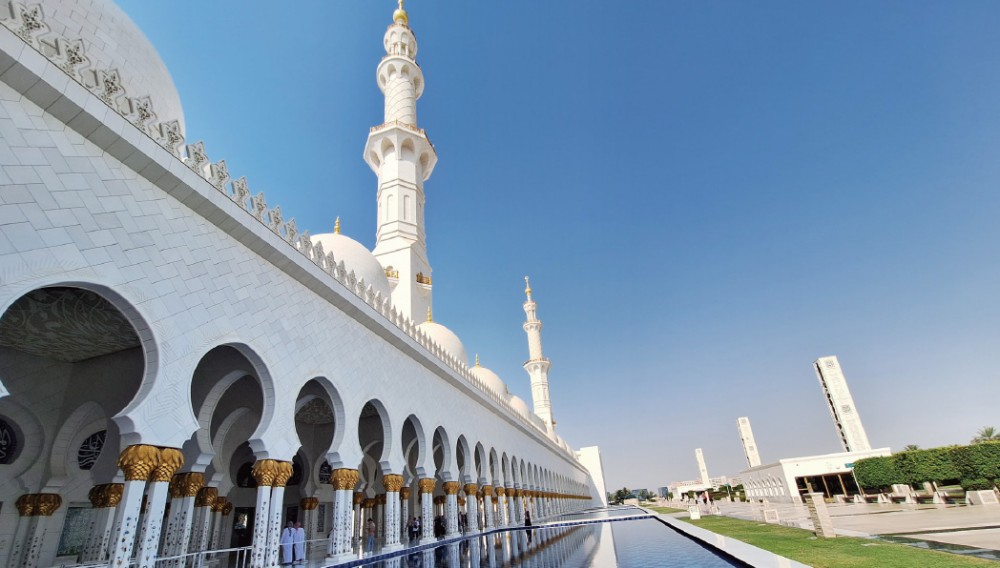 Emergence of instances of economic diversification
Emergence of instances of economic diversification
Using Jacky's Group of Companies, which made its mark in Hong Kong, as an example, he said that the company was only operating a mail order business at the beginning, but today it has expanded into Dubai, which is now its second procurement and trading centre, with markets covering the Asia-Pacific, the Middle East, and East Africa. This company has witnessed the pace of Dubai's economic diversification, contributing a lot to the local digital transformation and sustainable economic development.
In addition, he used Crystal Palace Lighting, which operates a lighting business in several countries in the Middle East, as another example. He said that its customers have become more aware of the quality of products made and designed in China in recent years. This has driven the company to source more made-in-China products. As a result, it has successfully tapped into the Chinese market. Quoting the person in charge of the company's business in Qatar, he said that Hong Kong's strong business network and Hong Kongers' bilingual skills in Chinese and English will help facilitate business ties among the Middle East, China and wider Asia.
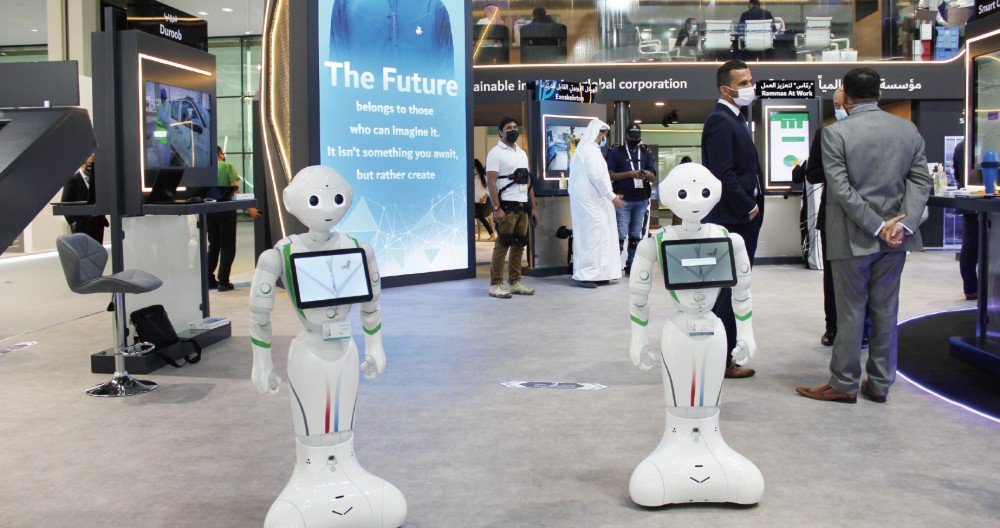 Hong Kong embraces opportunity as the Middle East seeks change
Hong Kong embraces opportunity as the Middle East seeks change
Sit, who followed the delegation to visit the Middle East, praised the Middle East companies for their courage to embrace new stuff. He revealed that a Hong Kong architect accompanying the delegation introduced the company founded by him to government officials and business representatives of Saudi Arabia and the UAE, and successfully signed a cooperation agreement with the two countries eventually.
Sit stated that he is optimistic that the political and economic relations between the Middle East and China will become increasingly close. For Hong Kong, which adheres to the “One Country, Two Systems” principle, it is a golden opportunity to showcase its distinctive strengths.




